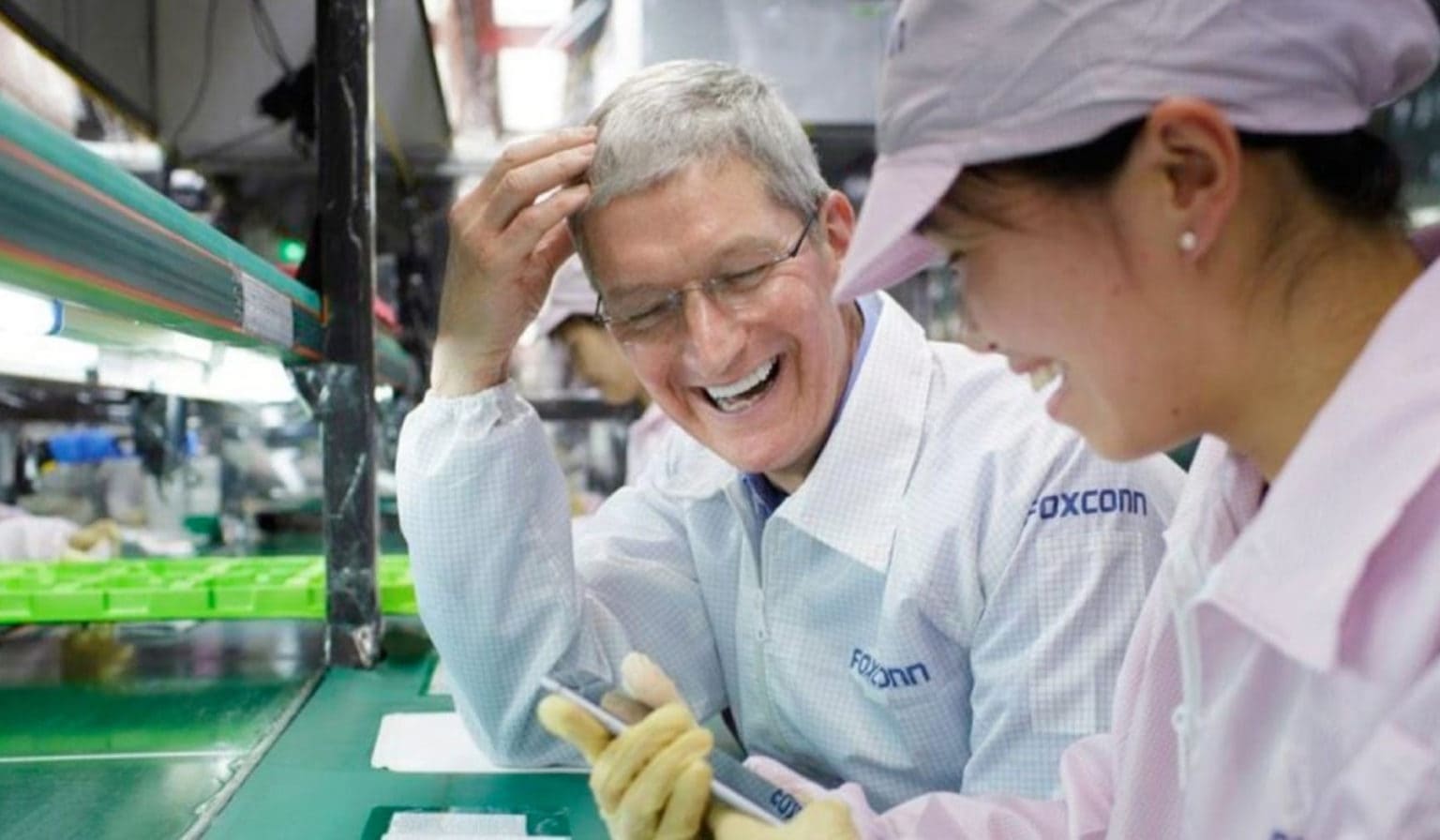For years, China has been Apple’s biggest manufacturing hub for building its devices. But that’s now changing, with a report Wednesday claiming that Apple is “ramping up” production of iPhones, iPads, Macs, and other products in other parts of the world.
This is an attempt by Apple to diversify manufacturing beyond China, following trade tensions between the U.S. and China in recent years.
The Nikkei report said that Apple will start iPad manufacturing in Vietnam as early as mid-2021. It already produces the HomePod mini smart speaker in the country. It is also reportedly increasing iPhone production in India, including plans to start building the iPhone 12 series there. In addition, Apple is relocating some production of the Mac mini to Malaysia, and will move part of MacBook production to Vietnam in 2021.
“Apple and many other tech companies all want out-of-China production capacities, and that has not slowed even though the U.S. has a new president,” one supply chain manager told Nikkei. “And they are studying not only peripheral products. Apple, for example, aims to build capacity in new locations — mostly Southeast Asia nations — for multiple core products, such as iPhones, iPads, MacBooks, AirPods and others. It was hard to imagine that two years ago, but now, nothing is impossible to shift.”
What does this mean for customers?
Supply chain stories can have a bit of an “inside baseball” vibe to them, meaning that they’re a bit esoteric and behind-the-scenes for many customers to care about. In essence, it doesn’t make all that much difference to Apple customers where their products are made.
But it can have ramifications. For example, local sourcing laws make it easier for Apple to do things like open Apple Stores in certain places if it also does manufacturing there.
More notably, it can have an impact on the price of products. When the U.S. vs. China trade battle was at its worst, there was a lot of discussion about what new trade tariffs would mean for Apple. While companies like Apple can elect to absorb them, they are more likely to pass them on to customers in the form of raised prices.
By diversifying its production by having it in multiple countries, Apple can do its best to avoid problem. On a humanitarian level, this can also make it easier for Apple to ditch suppliers associated with potential human rights abuses.
Source: Nikkei Asia


